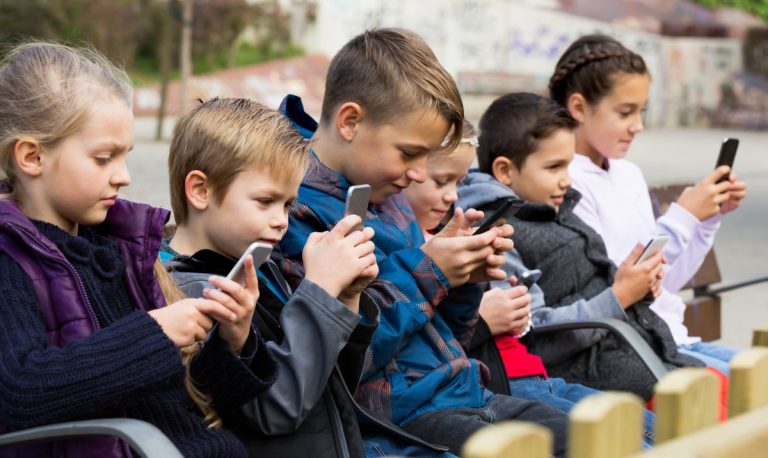
For several years, education practitioners have fretted over the impact of mobile technology upon the learning of students.
The mainstreaming of tablets and smartphones into education, conventional wisdom dictates, will negatively impact children’s attention spans, their handwriting, and other skills traditionally valued in our education systems.
But one researcher is suggesting the opposite – that there is an emerging “app gap” between young children whose parents encouraged them to use Internet-connected devices and those who did not. It seems children who have used devices like touch-screen tablets are better prepared for school.
The research was conducted by Dr Donnell Holloway from Edith Cowan University (ECU) in Western Australia, who says “somewhere around the age of 10 to fourteen months a baby learns to point with his or her forefinger and is ready to tap and swipe a touchscreen.”
Parents’ attitudes vary towards teaching their young children using education apps, the ECU study found.

“There are many good apps available that families can consider.” Source: Shutterstock
“Some parents felt guilty about allowing their young children to use apps because of the opposing argument relating to screen time, childhood obesity or lack of children’s physical and imaginative play,” said Holloway, who recently presented the research at the Queensland University of Technology.
On the other hand, “some parents have run with the idea portrayed in advertising about the educational value of apps. Our research found that parents who were allowing their children to use apps tried to give them not just entertainment but some educational value in their app diet,” she said.
But Holloway told ABC News that there is “anecdotal evidence” from teachers that children who’ve used devices come to school with better literacy, numeracy and technical skills.
“Our analysis found that when parents co-use learning apps with their very young children, they add a layer of learning to the inbuilt tools that exist within the app to help navigate it,” Holloway said.
“There are many good apps available that families can consider, for example Reading Eggs. ABC Online also has some really great pre-reading and writing apps for young kids from about two years of age.”







